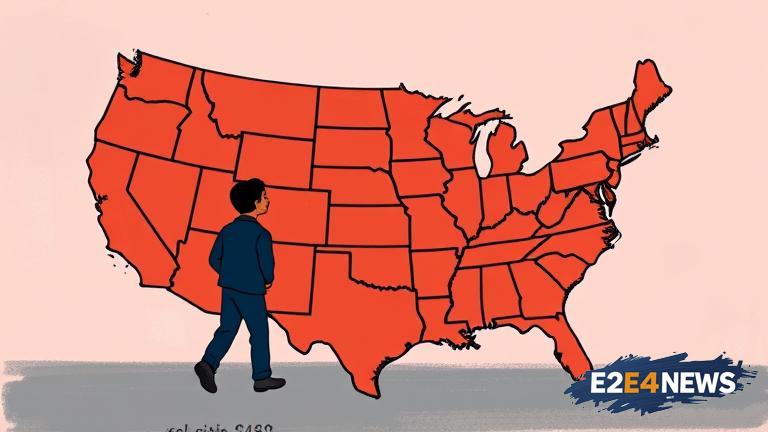A new report has shed light on the disparity in funding between voucher programs and public schools, with the former receiving significantly more funding per student. This revelation has sparked a heated debate about the allocation of education funds and the priorities of policymakers. The study found that students participating in voucher programs receive an average of $7,000 to $10,000 per year, while public school students receive around $6,000 to $8,000. This disparity has raised concerns about the equity and fairness of education funding. Proponents of voucher programs argue that they provide students with more opportunities and choices, while critics contend that they drain resources from already underfunded public schools. The report also highlighted the lack of accountability and transparency in voucher programs, making it difficult to track how funds are being used. Furthermore, the study noted that voucher programs often lack the same level of oversight and regulation as public schools, which can lead to inconsistent academic standards and inadequate support for students with special needs. Despite these concerns, many policymakers continue to support voucher programs, citing their potential to improve educational outcomes for disadvantaged students. However, others argue that the evidence for the effectiveness of voucher programs is mixed and that they may actually exacerbate existing inequalities in the education system. The debate over voucher programs and education funding is likely to continue, with many stakeholders calling for a more nuanced and equitable approach to allocating resources. Some experts suggest that a more effective approach might involve increasing funding for public schools and implementing policies that support disadvantaged students, rather than relying on voucher programs. Others propose that voucher programs could be reformed to include more stringent accountability measures and greater transparency. As the conversation around education funding continues, it is clear that there are no easy answers, but rather a complex web of competing priorities and values. The report’s findings have significant implications for policymakers, educators, and families, and highlight the need for a more informed and nuanced discussion about the role of voucher programs in the education system. Ultimately, the goal should be to ensure that all students have access to high-quality educational opportunities, regardless of their background or zip code. By prioritizing equity, accountability, and transparency, policymakers can work towards creating a more just and effective education system. The study’s authors conclude that the current funding disparity between voucher programs and public schools is unsustainable and that a more equitable approach is needed. They recommend that policymakers consider the long-term consequences of their funding decisions and prioritize investments in public schools, which serve the vast majority of students. As the education landscape continues to evolve, it is essential that stakeholders remain committed to the principles of equity, accountability, and transparency, and work towards creating a system that truly serves the needs of all students. The report’s findings serve as a call to action, urging policymakers to reexamine their priorities and work towards creating a more just and effective education system. By doing so, they can help ensure that all students have access to the resources and opportunities they need to succeed. The future of education funding is uncertain, but one thing is clear: the status quo is unsustainable, and a new approach is needed. The conversation around voucher programs and education funding is complex and multifaceted, and there are no easy answers. However, by prioritizing equity, accountability, and transparency, policymakers can work towards creating a more just and effective education system that serves the needs of all students.
